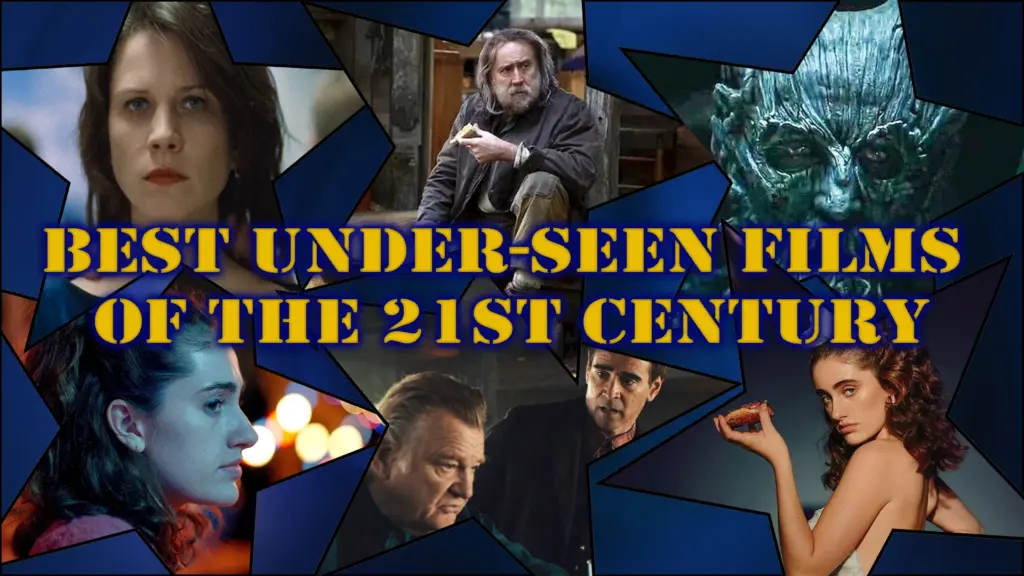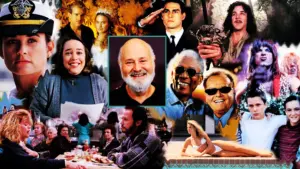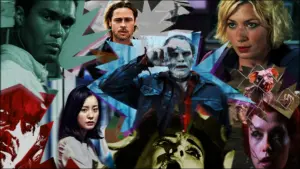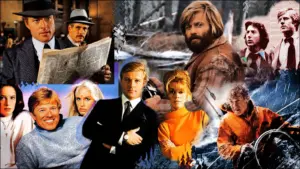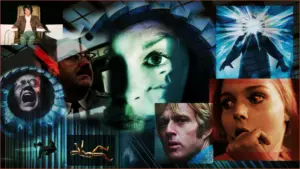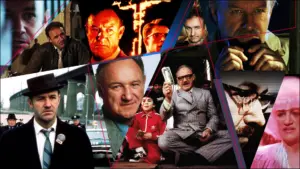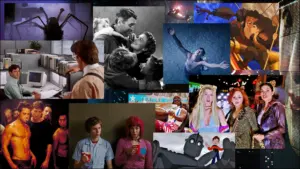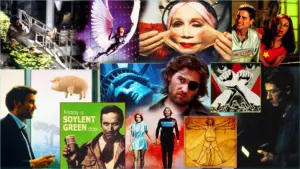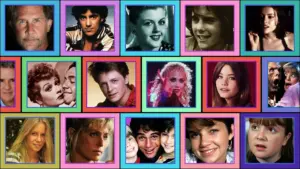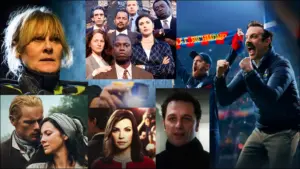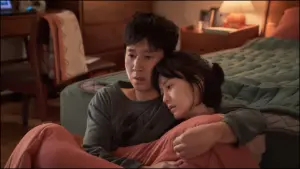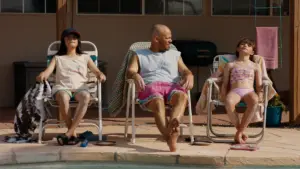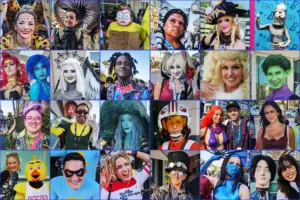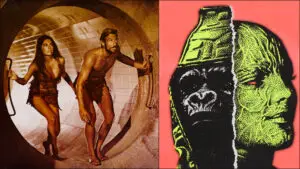[Editor’s note: James DiGiovanna, an award-winning film critic for the Tucson Weekly for much of the 2000s, has put together a list of the 21st century’s greatest films that haven’t received the attention they deserve. He selected so many recommendations, we’ve divided the list into several articles. This is the first.]
These are, obviously, not the best films of the 21st century, because that would be absurd. I haven’t seen all the films of the 21st century, and even if I had, there’s no objective standard for “best film.” So these are basically some 21st century films that I saw and liked enough to put in a list so that people online can get mad about it.
Also, even though they’re not on the list, I don’t hate movies like, say, Avengers: Infinity War, or Wall-E, or Brokeback Mountain. They just don’t strike me as “best.” They’re more like, “enjoyable, but then I forget about them.” Which is good. We should forget more stuff. In some ways the perfect film would be one that you enjoy completely while watching it then forget entirely when it’s over, so that you can have the exact same experience next time you watch it. I think that’s what people enjoy about heroin and McDonald’s food.
Instead, these are films that stuck with me for various reasons, where I saw some kind of viewpoint, or style of presentation, or cinematic idea that didn’t seem to be already overplayed in 1,000 other movies. They also had to be well-executed or well shot or have some capacity to say something well. But I’ll excuse some execution errors for a chance to see something that’s both interesting and that doesn’t recycle the story beats, character types, dialogue riffs, and set pieces that I’ve already seen a million (I counted, it’s exactly 1 million!) times before.
A quick FAQ and then I’ll briefly say why I picked each one.
FAQ: The Best Under-Seen Films of the 21st Century
Q: How come you didn’t include <questioner’s favorite film>?
A: Because I either forgot about it, or I never saw it, or, I dunno, I just didn’t like it as much as you did?
Q: Why are these mostly bullshit low-budget movies that No True Cinema Fan would bother watching?
A: As a child, a received a blow to the head. Then another. Then dozens, maybe a hundred more? Dizzied, I continued aging in the hope that the blows to the head would stop. They did not.
Q: No, seriously.
A: I think it’s because, if you spend 150 million dollars on a film, it had better succeed. And you can’t guarantee success with originality. You have to use a formula. It’s the only reasonable way to gamble with that much money. So while there are loads of low-budget films that are terrible, you’re at least guaranteed that they won’t be mediocre, because they don’t have enough cash for the difficult task of fine-tuning a movie to mediocrity.
Q: Suppose I wanna see one of these pretentious and/or cheaply made movies? What then?
A: It used to be you’d have to wait, maybe years or forever, for one of them to be “broadcast” on your local “TV station.” Now, I dunno, you “rent” them from some billionaire or search Tubi or YouTube or PlutoTV or something? I’m not God. I can’t make a tree vomit.
Q: Why aren’t these ranked from best to worst and which one is best and which one is worst?
A: Compare all the joy and sorrow you’ve felt on Thursday afternoons from 3 to 4 p.m. with a fake Einstein quote that somehow changes your mind about an important life decision. Which one is “better?”
Q: How come a lot of these movies are so low on fighting and real, raw, human emotion like you see on Real Housewives of Saint Quentin State Prison?
A: We live in a Real Housewives media landscape. TV and movie characters are always yelling. Conversations that could go a million different ways just go the way that the director or writer or producer thinks will be the most gripping, which is also the way every other director and writer and producer has it go: loudly.
I saw a play recently about a renowned older artist meeting a newly famous younger artist, and of course the older artist was jealous of the younger artist’s current chic, and the younger artist was mad that the older artist had sold out and was no longer making edgy work. So their interactions are aggressive and argumentative and people shout and storm out. And I’m like, okay, this play is based on a true story, so I guess I have to put up with that trite interaction.
Then after the curtain, there’s a Q&A with the creator of the play, and he said, in fact, the two artists didn’t act or think like that at all. They immediately liked each other and were eager to work together. But, he said, “you have to have conflict.” And I was like, holy shit, I would love to have seen how this really went! You never see that! There’s so much unexplored possibility in that kind of relationship.
But if you don’t have the curiosity and creativity to find out what’s happening, I guess just slotting in a standard “when the heroes meet, they first must fight!” trope will have to do. But it won’t! It won’t do!
Q: Okay, but seriously, which movie is your favorite?
A. Probably Upstream Color. Or Yeast? It’s Such a Beautiful Day? Or another one?
I doubt we really have favorite films. We just pick one and say that it’s a favorite, but does anything internal correspond to that other than the need to have an answer to that question? Is there some emotional or neurological or reasons-based element that confers “favoriteness” upon things? Do you really even have a favorite color or favorite song or favorite food?
What’s your favorite finger? If people commonly asked that, I bet you’d come up with one just to satisfy the cultural and conversational need. I spent way too much time in academic settings and now I can’t answer simple questions.
Part 1: Best Under-Seen Movies of the Past Five Years
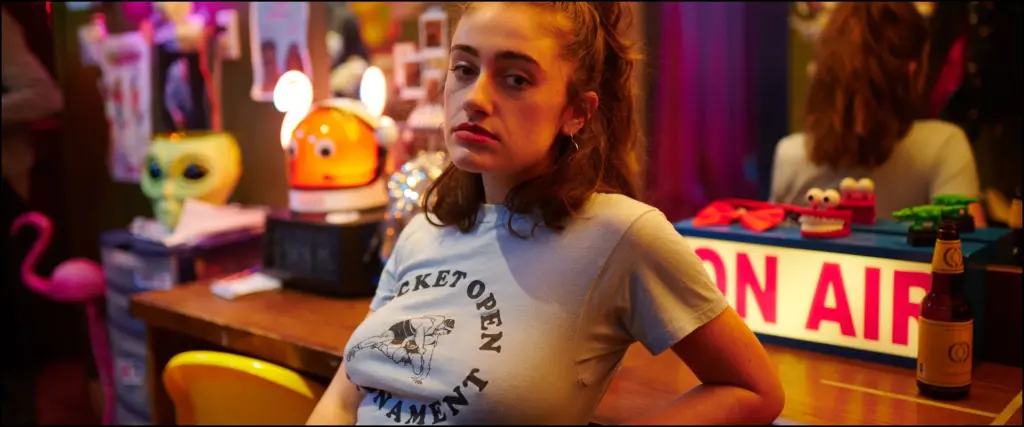
I Used To Be Funny (2023)
Rachel Sennott is one of those comedians who’s best in a dramatic role, but she is, nonetheless, still funny. In I Used to Be Funny that combo works as she plays Sam, a stand-up who doesn’t want to tell any more jokes because, let’s be honest, we don’t live on a fun planet.
It’s particularly unfunny for Sam, who made the mistake of being the nanny for a tween whose dad is friends with a bunch of misogynist assholes. But he’s only friends with them because, deep down, he’s a misogynist asshole. You can imagine how it goes from there.
There’s a lot of standard stuff in the plot but it’s very well paced, dishing out information without exposition at just the right rate to make each moment deeper, more complex, and more horrifying than the last.
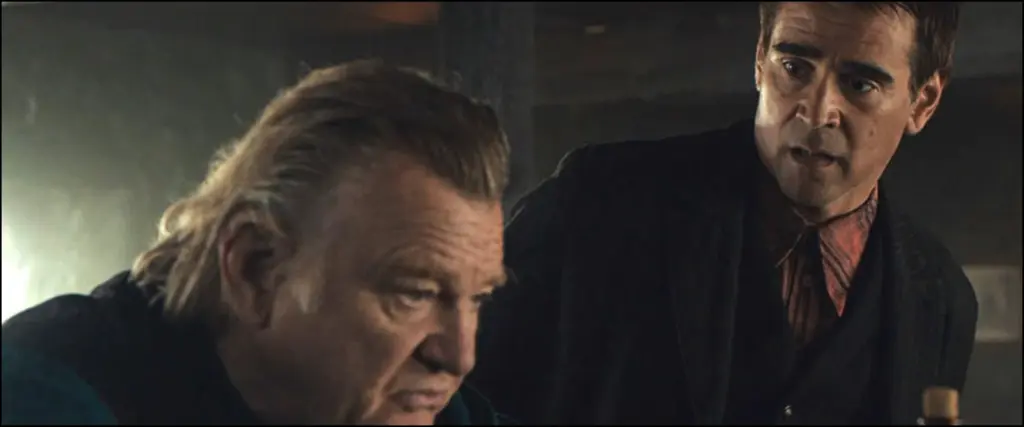
The Banshees of Inisherin (2022)
Brendan Gleeson, Colin Farrell, Barry Keoghan and Kerry Condon play people cursed with a bizarre form of Irishness. When Gleeson decides to cut off his friend Farrell and focus on his music, he also starts cutting off his fingers. The death of a donkey brings consequences. Rated R but only because you should never show this movie to children or they’d know that adults are just as fucked up as they are.
>>> Read the Screenopolis review of The Banshees of Inisherin.
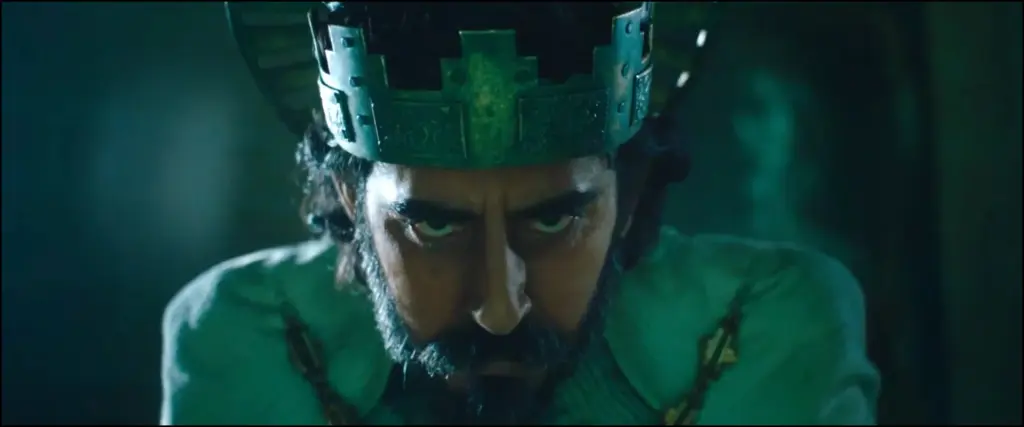
The Green Knight (2021)
Dev Patel plays the legendary Gawain, who falls for the old “cut my head off and then I’ll cut your head off” trick, and has to go get his head cut off. Weird, weird stuff happens along the way. There is a knight, and he is green!
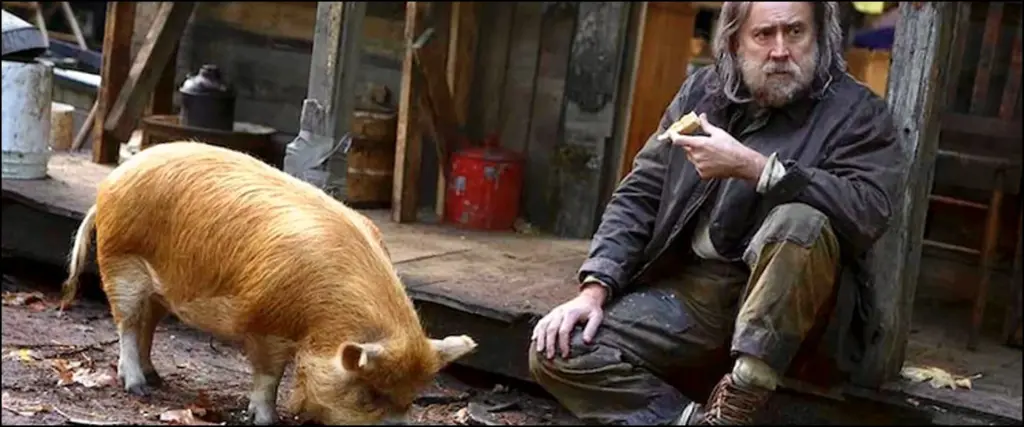
Pig (2021)
It’s bizarre that there are still great Nicolas Cage films, but I guess if you make 200 films a year some of them are bound to hit the target. Cage plays a man who is trying to find his kidnapped pig, and instead of using violence like some kind of gun-toting incel, he just emotionally destroys anyone who gets in his way by quietly explaining to them how they’ve betrayed everything beautiful, good and hopeful in their lives. So much better than watching a bullet-proof Keanu Reeves murder anyone who knows anyone who might have seen someone who hurt his dog.
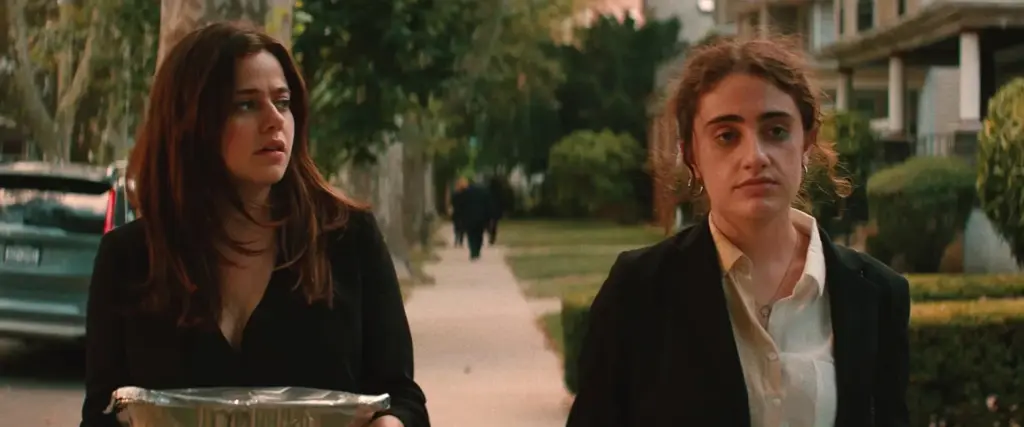
Shiva Baby (2020)
Rachel Sennott has become the go-to superstar jolie laide of ’20s indie cinema, and this is the film that launched her. She slays as the unlikeable, dishonest, but strangely sympathetic part-time prostitute and full-time dropout who has to attend a Jewish funeral with her parents and, unfortunately, her favorite john, who is married to a beautiful shiksa.
None of the stuff you think will happen does, but the seething possibility of it makes this both tense and occasionally hilarious. It’s also one of two films where Sennott, a stand-up and sketch comic, gets to display her impressive dramatic chops.
The strangely unpleasant lighting of the uncomfortably extended post-funeral sequence is something you can’t capture on high-definition formats or if someone in Hollywood hands you 200 million dollars’ worth of digital cameras and cocaine.
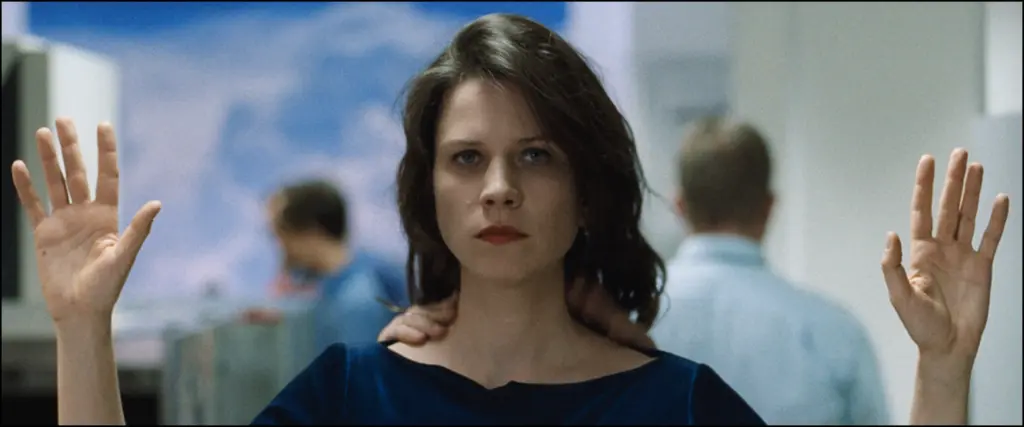
Preparations to Be Together for an Unknown Period of Time (2020)
This is sort of two consecutive films with the same characters. The first part is a deeply unsettling mystery: a woman arrives in Budapest claiming that a man told her to meet him there. And then she sees the man. And he says he doesn’t know her. Is she nuts? Or just, like, unusually good at looking almost into the camera with a burning, fuzzy intensity? I mean, it ultimately all gets sort of explained and then becomes the second film, but it’s entirely worth it for the original storytelling and superbly naturalistic acting.

